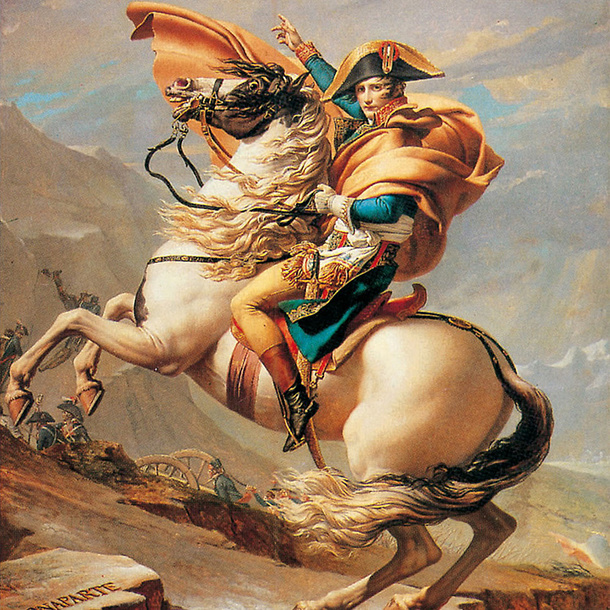This morning I was curious—curious about the similarities of emotions in (wo)man and of dog. I, being an inquisitive individual, acted on my curiosity. I was sitting downstairs on my couch in my living room as my sister walked in. I immediately got up, walked over to her, and (extremely gently of course) pinched her. Needless to say, she quickly angered and struck back several times. When her fit of rage finally culminated, I then headed over to Audobon Zoo, bought a VIP pass into the tiger’s cage and pinched the tiger. The tiger, though not as furiously as my sister, got pretty angry. I was able to make it to safety before the tiger harmed me.
Okay, obviously one of those was false: I obviously didn’t pinch my sister (ba dum tss 🥁). Regardless, even if both of these events had been entirely true, it’s much too small a sample size to draw any official conclusions about (wo)man or of animal, so I’ll just stick with the educated guess that, when randomly pinched, most humans and animals will grow quite angry. That checks off anger as an emotion both animals and humans feel. Let’s take a look at some other common emotions. Happiness? My plump little bundle of joy puggle named Puggs grows ecstatic whenever she eats, and go to any Will Ferrell movie and you shall see plenty of smiling, happy human faces. Fear? You better bet both animals and humans fear. Depression? Check that off too. I could go on and on, but I think the simple fact is that both humans and animals can, and regularly do, exhibit the same emotions.
So if both animals and humans are emotionally capable, what is it that has made we humans the dominant species. What is it that distinguishes us so much as Homo Sapiens? The answer is both reasonable and logical: reason/logic.We are rational creatures. It is precisely this quality—the ability to address a problem and solve it through logic—that has elevated humans to our current state. “I can’t quite cut this tree with my hand,” says caveman 1in a linguistically andvaced language.
“Let’s build tool to cut tree,” says caveman 2 after logically pondering the problem.
Reason/logic is what has advanced our society to its current state and is what we all still exude on a daily basis. Like it or not, we’re in school eight hours a day, REASONING through that chemistry, calculus, or economics problem. We drive home in a car—a vehicle the result of engineering far more complex than any other species has discovered. We go home to a house—itself an architectural feat. Everything we do is the result of reason and logic. Feeling sad? So can the squirrel outside your window. Feeling a sense of bonding so strong while sitting around a campfire with your friends that it could only be unique to mankind? Tell that to the pack of gazelles as they run away from the lion.
If you are one to believe that humans are more emotionally capable than animals, this emotional capability is only made possible by developed languages—languages with hundreds of thousands of words that allow us to exactly describe what we are feeling, languages that developed quite logically. Besides that, we, as humans, are quite far from understanding the detailed emotional complexity of animals. Simply put, we don’t know the extent to which animals can emote. If their emotions are as complex as humans, this only further proves my point that logic is the sole factor that distinguishes us from animals. What we do know, though, is that that squirrel outside your window can’t reason through that physics or calculus problem..
Do you argue that humans are more sympathetic than animals? Do you think that business man is going to bypass the rational/logical decision of laying off those workers and go with the more sympathetic choice of keeping them? I’m glad you think it, but Jeff Bezos—the billionaire CEO of Amazon—certainly doesn’t and neither do the thousands upon thousands of Americans who have seen their jobs lost to robots. In this manner, I would actually argue that animals are more loyal to their fellow species than are humans.
Reason/logic is the only logical answer to what makes humans uniquely human. For a quality to make humans human, it has to be unique to us, meaning that the majority of other species can’t possess it. Emotions? Certainly we humans feel them, and I, as do many, like to believe that animals feel them as well. However, we can’t be certain if animals feel them. What we can be certain of, though, is that our reason and logic—I’m talking the ability to build, innovate, and advance—is thus far extremely better than any other species. *no, I’m not saying animals can’t reason, just that ours has proven to be exponentially better.*






























